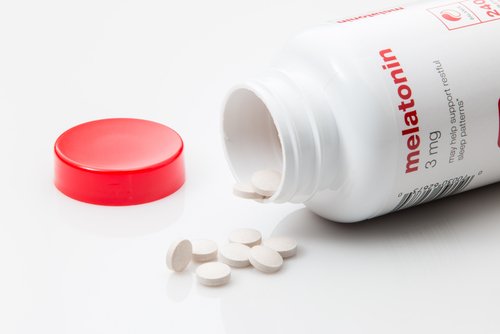Melatonin Lowers Inflammation, Oxidation in Charcot-Marie-Tooth Disease, Study Reports
Written by |

Melatonin can significantly decrease inflammation and oxidative stress markers that may be related to the progression of Charcot-Marie-Tooth disease, a Spanish study reports.
The study, which appeared in the journal Molecules, was titled “Melatonin Treatment Reduces Oxidative Damage and Normalizes Plasma Pro-Inflammatory Cytokines in Patients Suffering from Charcot-Marie-Tooth Neuropathy: A Pilot Study in Three Children.”
CMT1A is the most common form of Charcot-Marie-Tooth disease, affecting about 70 percent of patients. Scientists have linked it to a faulty PMP22 gene that fails to produce enough myelin, a protein that protects nerve cells. They’ve also linked it to slower than normal communication between nerve cells.
Patients with CMT1A usually have higher levels of chronic inflammation and oxidative stress. Oxidative stress is an imbalance between the body’s production of free radicals and its ability to counteract their harmful effects.
Creating therapies that are both anti-inflammatory and anti-oxidative agents could be a way to slow the progression of CMT1A, scientists say.
A research team led by Dr. Darío Acuña-Castroviejo, a physiology professor at the University of Granada, decided to study whether the hormone melatonin could help CMT1A patients.
Melatonin in an anti-inflammatory agent, and antioxidant, and an analgesic, or pain killer. The natural molecule can also reach all cell components.
The study involved three CMT1A patients aged 8 to 10 years old. They took 60 mg of melatonin at night and 10 mg in the morning for up to six months. Researchers used eight healthy age- and sex-matched volunteers as controls.
CMT1A patients had higher than normal levels of enzymes involved in oxidative stress in the beginning of the study, suggesting an oxidative imbalance associated with the disease. Three months of melatonin reduced the levels, and by the end of the study they were close to those found in the control group.
Similarly, CMT1A patients had higher levels of several pro-inflammatory signaling molecules when the study started. Melatonin reduced the number of molecules, improving patients’ inflammation, a benefit that held during the six months of treatment.
“After melatonin administration, markers of oxidative damage, anti-oxidative defense, and inflammation were significantly reduced at three months of treatment, and fully counteracted at six months of treatment,” the researchers wrote.
The team concluded that “melatonin should be seriously considered as a useful therapy in CMT1A pathology due to its multiple-drug properties.”





